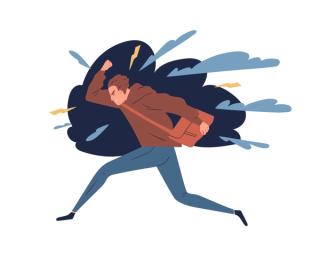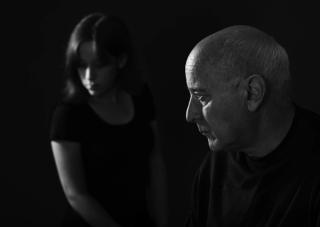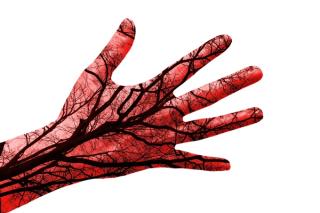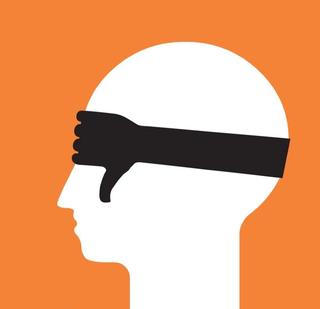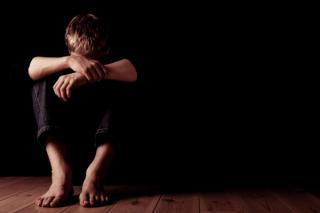
Depression
Latest News
Latest Videos
CME Content
More News
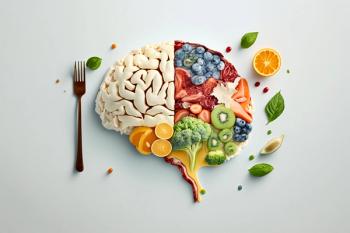
What are the connections between what we eat and disorders such as anxiety and depression?
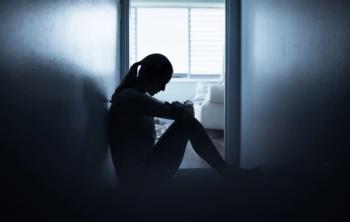
Check out new positive topline data from the SAVITRI study assessing the efficacy and safety of NBI-1065845 in adults with major depressive disorder.

Here are highlights from the week in Psychiatric Times.
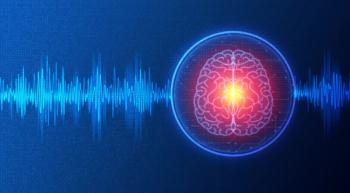
What does the recent FDA clearance of this treatment for adolescents mean for the future of MDD treatment?
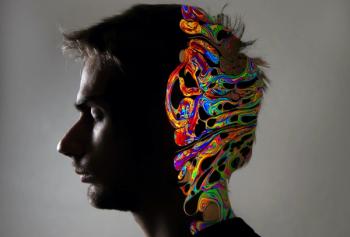
Study results suggest the potential for a scalable, single-dose treatment approach.
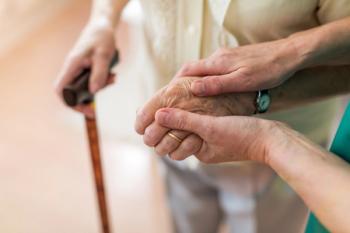
Recent research investigated the benefits and risks of augmentation compared with switching strategies for TRD in older adults.

Lumateperone 42 mg achieved statistically significant and clinically meaningful results in both the primary and the key secondary endpoints of a new phase 3 study.

From a look at record-high suicide rates to subspecialty shortages in psychiatry, here are highlights from the week in Psychiatric Times.
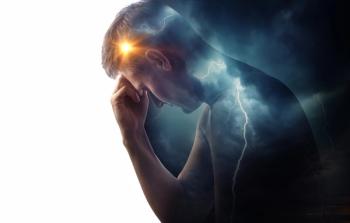
A range of therapeutic targets are likely to be relevant for reducing risk of suicide in TRD. Here's what you need to know.

From a groundbreaking FDA approval to the hidden toll of COVID-19, here are highlights from the week in Psychiatric Times.
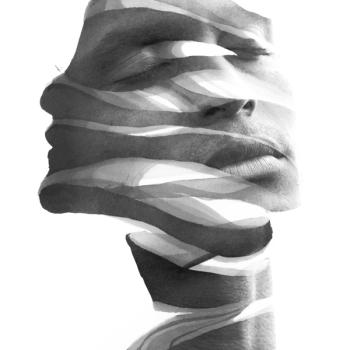
“The selectivity of NBI-1070770 for the NMDA NR2B receptor may benefit patients with moderate to severe depression.”
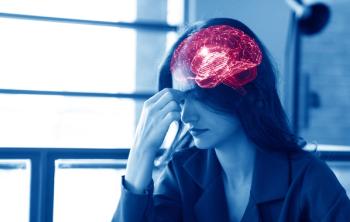
New phase 2 study initiated to determine the potential of ALTO-203 as an antidepressant in patients with major depressive disorder and anhedonia.

The FDA has cleared the first prescription digital therapeutic for major depressive disorder, Rejoyn.
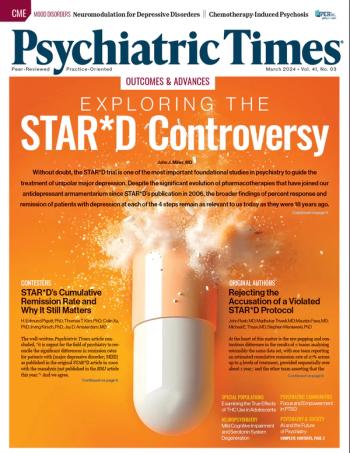
The experts weighed in on a wide variety of psychiatric issues for the March 2024 issue of Psychiatric Times.

From a promising new intervention for treatment-resistant depression to another look at the STAR*D controversy, here are highlights from the week in Psychiatric Times.

Here are some updates from the world of psychiatry throughout the month of March.
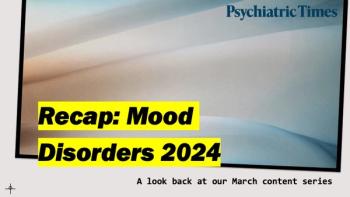
Here’s a look back at selections from our March content series on mood disorders.
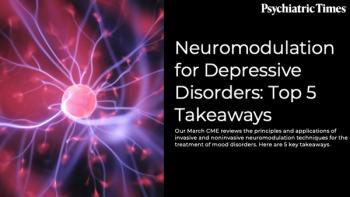
Our March CME reviews the principles and applications of invasive and noninvasive neuromodulation techniques for the treatment of mood disorders. Here are 5 key takeaways.
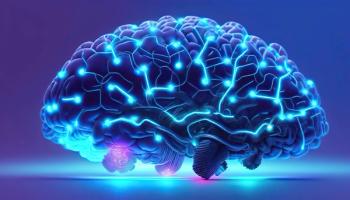
This treatment is now the first and only TMS treatment that is FDA-cleared for this patient population.

The short-acting psychedelic, BPL-003, resulted in rapid, durable depression symptom reduction in patients with TRD.

What is the Clubhouse model of psychosocial rehabilitation, and how can it benefit both patients and clinicians alike?
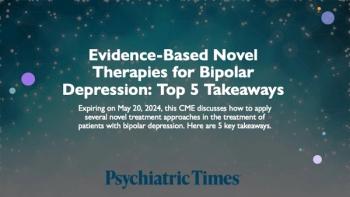
Expiring on May 20, 2024, this CME discusses how to apply several novel treatment approaches in the treatment of patients with bipolar depression. Here are 5 key takeaways.
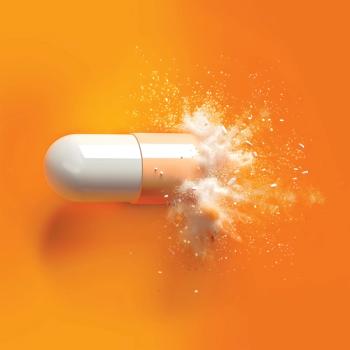
“Our patients, our field, and our integrity demand a better explanation of what happened in STAR*D than what has thus been provided.”

From the relationship between glucose fluctuations and cognition in patients with type 1 diabetes to augmentation strategies for treatment-resistant depression, here are highlights from the week in Psychiatric Times.
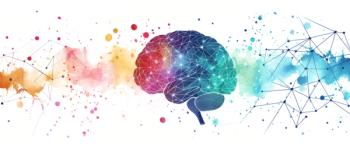
In this CME article, review the principles and applications of both invasive and noninvasive neuromodulation techniques for the treatment of mood disorders.






